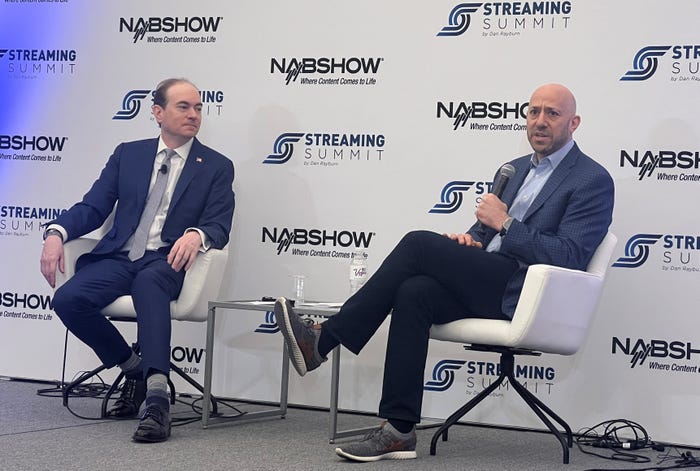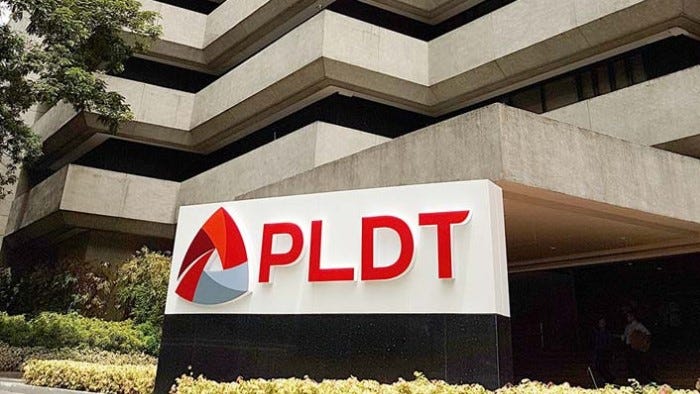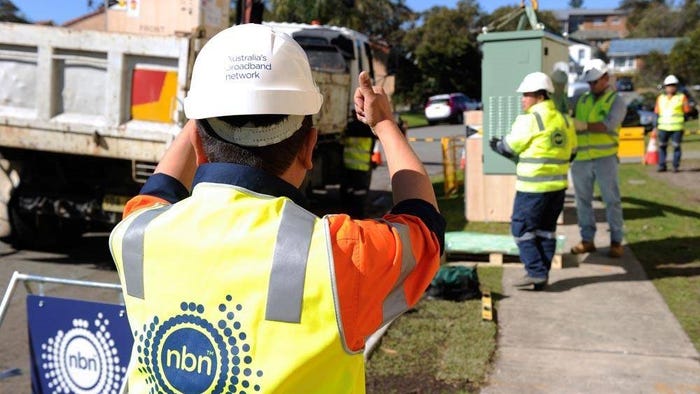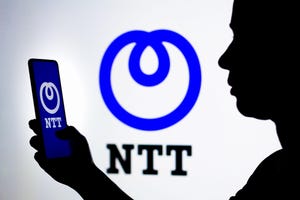News
Matt Strauss and Dan Rayburn at NAB's Streaming Summit on April 16, 2024.
Video Streaming
Mixing ad and subscription dollars critical to the streaming model, NBCU's Strauss saysMixing ad and subscription dollars critical to the streaming model, NBCU's Strauss says
Several top premium streaming services started with a subscription model but later brought ads into the mix. Advertising is the 'anchor' to Peacock, which also uses the subscription model, says NBCU's Matt Strauss.
Subscribe and receive the latest news from the industry.
Join 62,000+ members. Yes it's completely free.







































.jpg?width=300&auto=webp&quality=80&disable=upscale)














